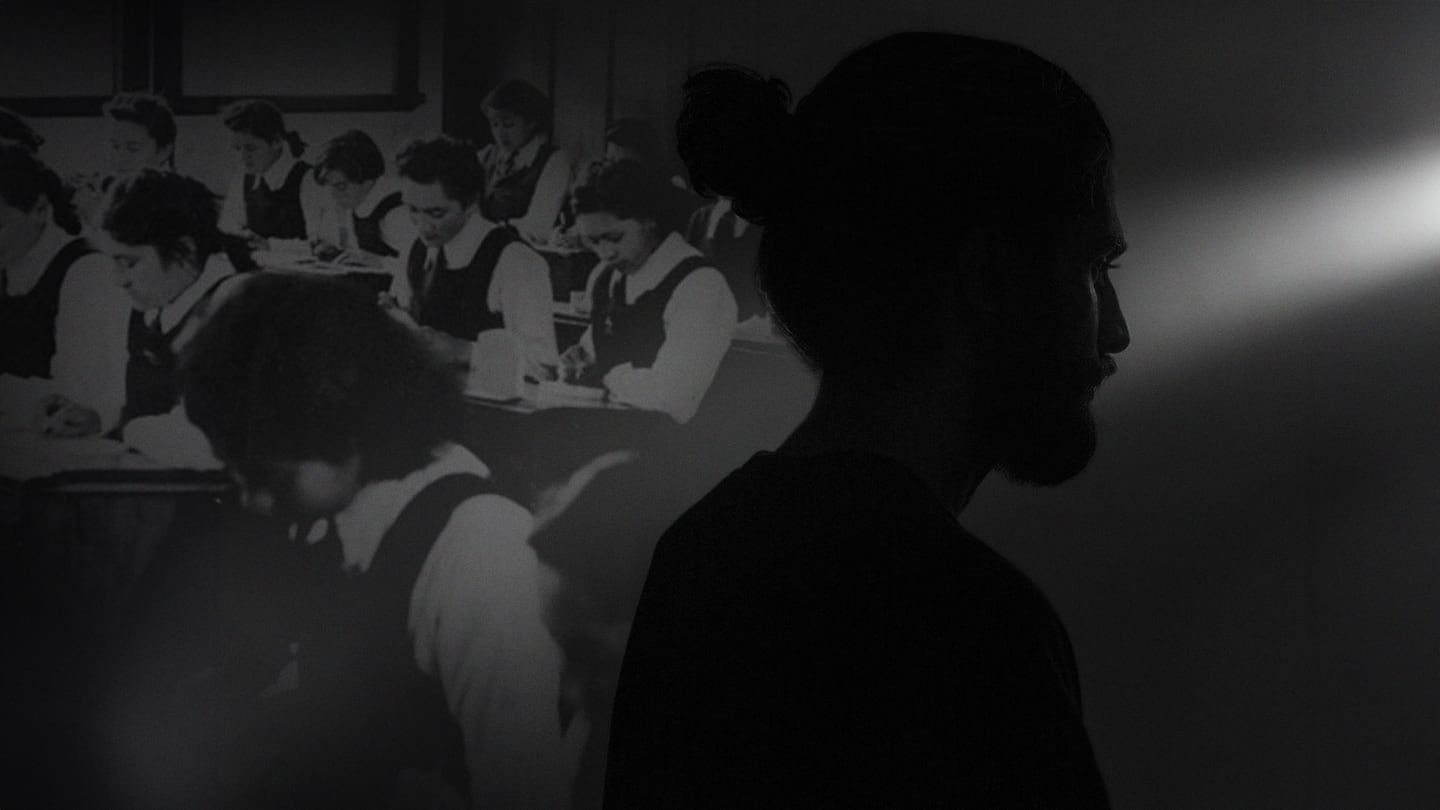The revitalisation of te reo Māori faces a hidden challenge: trauma.
A new report commissioned by Te Mātāwai sheds light on the psychological, emotional, and spiritual barriers that prevent many Māori from reconnecting with their language.
The Te Reo Māori Trauma Literature Review, authored by Dr Raukura Roa and Professor Tom Roa, explores the often-overlooked issue and offers strategies for healing and language revival.
The report defines “te reo Māori trauma” as emotional, psychological, spiritual, and/or physical distress caused by historical or contemporary harmful events.
Raukura Roa says there are many resources published that talk about the definition of ‘language trauma’ but there is no recorded research on the findings of ‘Māori language trauma’. The two are completely different topics.
“The reo Māori trauma is closely related to the Maori language. Traumatic language is responsible for a person’s ability to communicate. One of the language traumas is the stutter.”
These events, whether directly experienced or inherited intergenerationally, impact Māori individuals’ ability or willingness to learn and speak te reo Māori.
This trauma stems from the colonisation of Aotearoa, including policies that banned te reo Māori from schools and public spaces, leading to a loss of connection with the language.
Roa says te reo Māori trauma is distinct from general language or historical trauma.
“The trauma specific to te reo Māori affects the way people perceive their language and identity. It’s not just about learning a language; it’s about overcoming the emotional barriers created by years of suppression and marginalisation,” Roa said.
The report identifies three core areas where action is needed: expanding awareness, identifying barriers, and healing through collaboration.
- Expanding awareness The report recommends raising awareness of te reo Māori trauma through media, including podcasts and short videos featuring prominent Māori figures who have experienced this trauma. These figures could share their journeys of reconnection with te reo Māori, offering personal perspectives on overcoming challenges and the benefits of healing through language. This would foster greater public understanding of the psychological barriers some face when trying to learn or speak the language.
- Identifying barriers The second recommendation focuses on identifying the barriers created by te reo Māori trauma at both macro and micro levels. On a macro level, the report suggests that iwi, hapū, marae, and educational institutions assess how these barriers affect the success of their Māori language strategies. On a micro level, understanding the individual experiences of those who struggle with te reo Māori is essential to creating effective support systems. The report emphasises the need for research that explores the specific challenges different communities and individuals face due to this trauma.
- Healing through collaboration Healing is critical, and the report calls for a collective approach. Collaborations between health, education, and media sectors are necessary to address the effects of trauma on te reo Māori learners. For example, working with Māori health professionals to develop strategies for psychological support could help those affected by trauma reconnect with the language. Additionally, media campaigns and documentaries could shift public discourse around Māori language trauma, promoting a narrative of healing and cultural empowerment.
“This isn’t just about revitalisation – it’s about healing,” Raukura Roa says. “We need to address the trauma our people have experienced and continue to experience in relation to te reo Māori. Until we do, the language will not reach its full potential in our communities.”
The report calls for a national strategy to help individuals and communities heal from these wounds, especially if Aotearoa is to hit its ambitious goal of having one million speakers of te reo Māori by 2040.




